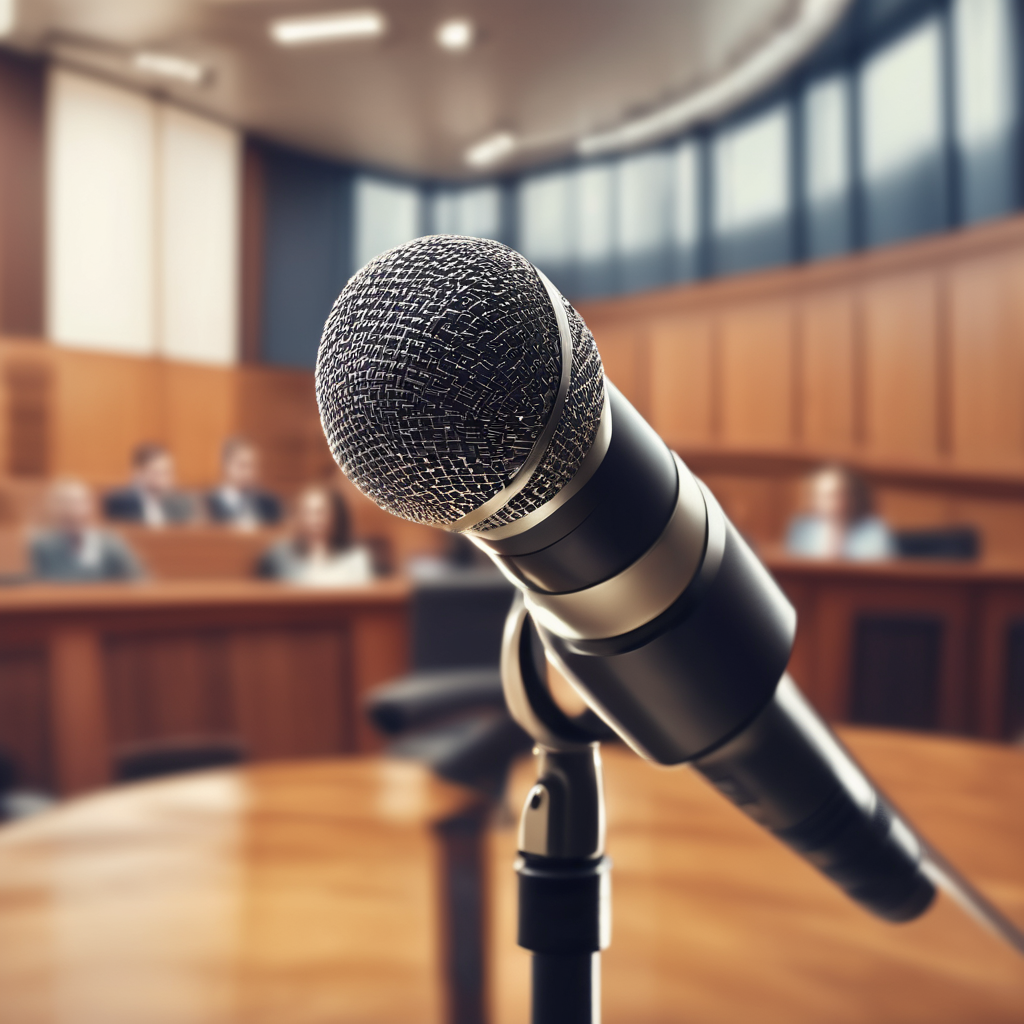Morgan Freeman is taking a firm stance against the unauthorized use of his voice through artificial intelligence technology, as he pursues legal action against those replicating his iconic tone without his consent. The 88-year-old actor, recognized for his deep and distinctive voice, expressed his frustrations regarding AI voice cloning, describing it as a form of “robbery.” He stated in an interview with The Guardian, “I’m a little PO’d, you know. I’m like any other actor: Don’t mimic me with falseness. I don’t appreciate it, and I get paid for doing stuff like that, so if you’re gonna do it without me, you’re robbing me.”
Freeman revealed that his legal team has been actively addressing numerous imitators who exploit his voice, saying, “Well, I tell you, my lawyers have been very, very busy.” His concerns highlight a growing anxiety among artists regarding the implications of AI and its potential to undermine their creative rights.
Apart from his personal grievance, Freeman also called out Tilly Norwood, an AI-generated performer who sparked controversy recently due to talent agencies considering her as a signable client. He opined, “Nobody likes her because she’s not real and that takes the part of a real person, so it’s not going to work out very well in the movies or in television.” This sentiment reflects a wider debate within the entertainment industry about the role of AI and its ability to replace human performances, a concern echoed by many artists and performers.
Freeman’s dedication to voice and articulation stems from his early training under a tutor named Robert Whitman during his college days. He emphasized the importance of distinct speech, advising, “If you’re going to speak, speak distinctly, hit your final consonants.” This commitment to vocal quality not only showcases his artistry but also reinforces the value of genuine human expression in a landscape increasingly threatened by technological imitation.
As the conversation surrounding AI’s impact on artistic integrity continues, there is hope that organized efforts will lead to stronger protections for performers. This situation is part of a broader dialogue on artistic rights, similar to concerns voiced by other artists, including Celine Dion and Sir Paul McCartney, who have similarly addressed the unauthorized use of their work through AI technologies. As these discussions unfold, there remains optimism that the industry can find a balance that honors both technological advancement and the contributions of individual artists.
